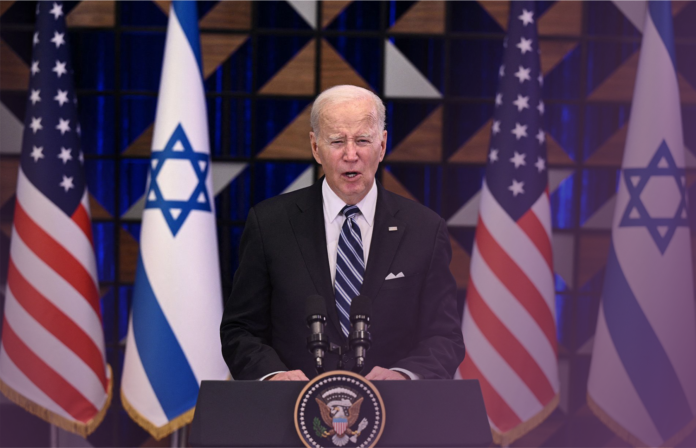The Biden administration has been actively urging Middle Eastern allies to pressure Hamas into accepting a ceasefire deal with Israel, which includes a hostage release proposal. This effort aims to halt the ongoing conflict in Gaza.
High-Level Diplomatic Efforts
Secretary of State Antony Blinken and other senior officials have been in constant contact with key regional players, emphasizing the need for a ceasefire. Brett McGurk, the White House Middle East Coordinator, visited Egypt, while CIA Director Bill Burns traveled to Qatar to add momentum to the negotiations.
Challenges and Responses
Hamas’s initial response to the latest Israeli proposal, as described by President Joe Biden, showed significant gaps. Hamas criticized the proposal for not ensuring a permanent ceasefire and allowing Israeli forces to remain in Gaza. However, US officials believe there is still an opportunity to finalize the deal. Egypt has reportedly received positive signals from Hamas regarding the proposal.
Strategic Pressure
The US has asked Qatar, Egypt, and Turkey to apply various forms of pressure on Hamas. These include threats to freeze Hamas members’ bank accounts and restrict their movement. Qatar, which hosts a Hamas political office, has threatened to expel the group if they reject the deal. Egypt is being urged to cut off access points from Gaza, which are crucial for the enclave.
Biden’s Firm Stance
President Biden has publicly demanded that Hamas accept the Israeli proposal. He outlined three phases of the deal, emphasizing that a temporary ceasefire could lead to a permanent cessation of hostilities if Hamas adheres to its commitments. Following Biden’s speech, US officials worked intensively to push regional allies to pressure Hamas.
Urgency and Political Implications
The US administration is keen to resolve the conflict before the US presidential campaign intensifies. With the Democratic National Convention approaching, there is increasing urgency to secure a ceasefire. However, there is no clear plan if Hamas rejects the proposal, adding pressure to the current efforts.
Key Challenge
The primary challenge remains convincing Yahya Sinwar, Hamas’ leader in Gaza, to accept the deal. Sinwar, believed to be hiding underground, might not see it as beneficial to agree to the terms. The success of the Biden administration’s pressure campaign largely hinges on this crucial decision.



